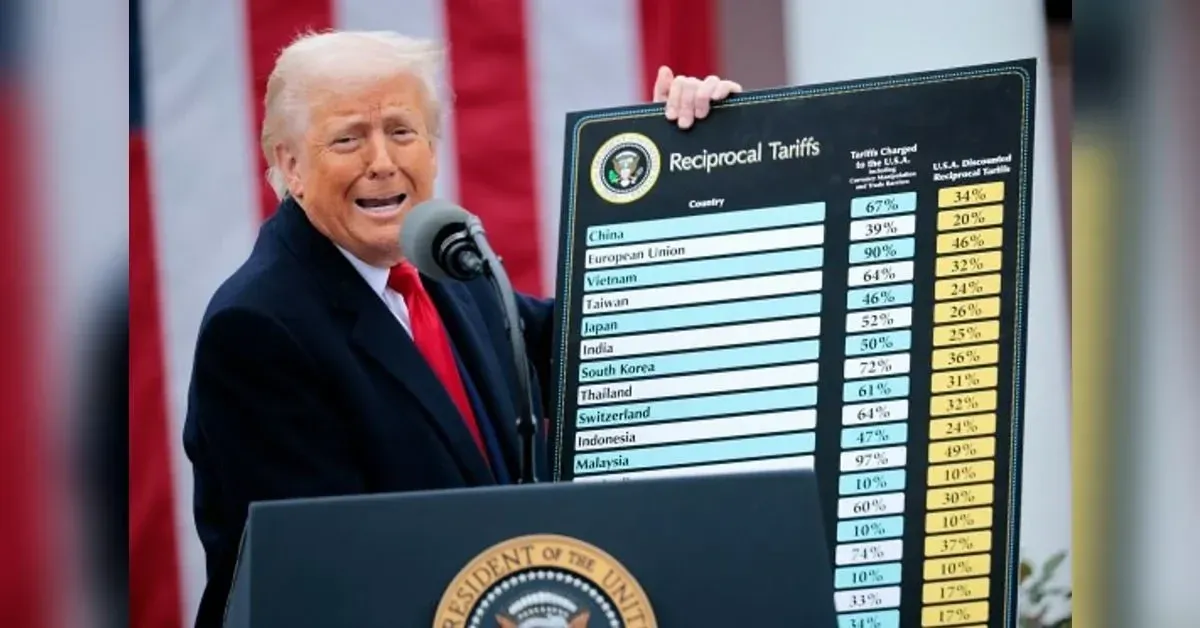The recent announcement by the US administration to impose tariffs on pharmaceutical imports has raised significant concerns within the Irish pharmaceutical industry. President Donald Trump revealed plans to introduce major tariffs on pharmaceuticals, aiming to encourage drug companies to move their operations back to the United States. This move is part of a broader strategy to boost domestic production and reduce reliance on foreign imports.
The new tariffs, which are expected to be implemented soon, will impose a 20% tax on pharmaceutical imports from countries including the European Union. This decision has sparked anxiety among Irish pharmaceutical companies, as the US is a major market for their products. In 2024, Ireland exported approximately €58 billion worth of pharmaceuticals and chemicals to the US, making it a critical sector for the Irish economy.
The Irish pharmaceutical industry, which employs around 45,000 people, is bracing for the potential impact of these tariffs. The industry has been a significant contributor to Ireland’s economic growth, with many multinational pharmaceutical companies operating in the country. These companies benefit from Ireland’s favourable tax regime, skilled workforce, and strong regulatory environment.
David Fitzgerald, CEO of the Irish Pharmaceutical Association, expressed concerns about the potential consequences of the tariffs. He noted that the increased costs could lead to reduced competitiveness for Irish pharmaceutical products in the US market. This could result in decreased exports, lower revenues, and potential job losses within the industry.
The Irish government is also closely monitoring the situation. Paschal Donohoe, Minister for Finance, stated that the government is preparing for “real and significant” difficulties if the tariffs are implemented. He emphasised the importance of the pharmaceutical sector to the Irish economy and the need to protect it from adverse impacts.
In response to the tariffs, some Irish pharmaceutical companies are considering diversifying their markets to reduce dependence on the US. This includes exploring opportunities in emerging markets and strengthening their presence in other regions. However, this strategy may take time to implement and may not fully offset the potential losses from the US market.
The broader implications of the tariffs on the global pharmaceutical supply chain are also a concern. The industry relies on complex international supply chains, and the tariffs could disrupt the flow of raw materials and finished products. This could lead to increased production costs and delays in the availability of essential medicines.
Despite the challenges, the Irish pharmaceutical industry remains resilient. The sector has a strong track record of innovation and adaptability, and companies are committed to finding solutions to mitigate the impact of the tariffs. The industry is also hopeful that ongoing negotiations between the EU and the US may lead to a resolution that minimises the negative effects on trade.






